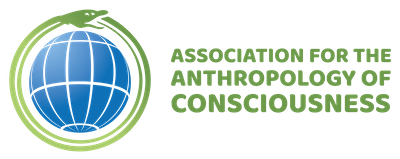Wednesday, November 16
4:30 PM – 4:45 PM
Minneapolis Convention Center, Room: 200H
Presenting Author: Benjamin Campbell University of Wisconsin, Milwauke
An evolutionary perspective assumes that consciousness is the product of the human brain, an organ shaped by the demands of bodily survival. Thus brain circuits provide hard evidence for the nature of human consciousness. But the complexity of the brain makes it hard to separate the effects of brain circuits from those of the larger cultural context. The development of consciousness during childhood provides an opportunity to consider the relationship of the brain and consciousness, defined here as the integration of bodily awareness, self-consciousness and social awareness, through the process of mentalization (abstract thought). Much research has focused on the development of bodily awareness during infancy and social awareness during adolescent; here I focus on middle childhood as the critical stage in the development of an integrated consciousness. Neuroimaging provides evidence that the human brain undergoes a distinct process of cortical maturation including the emergence of a brain region associated with mentalization, starting with middle childhood, consistent with observed changes in social behavior and cognition around the ages of 7 to 9 years. Cross cultural ethnography suggests that changes in children’s social behavior and cognition during this same period represent the development of cultural salience, i.e. cultural specific awareness. However, there is much less evidence regarding the development of the brain and mentalization across populations. In particular we need more evidence from non-industrialized societies in which somatic development varies according to ecological conditions before it is possible to suggest a universal model for the development of human consciousness.
